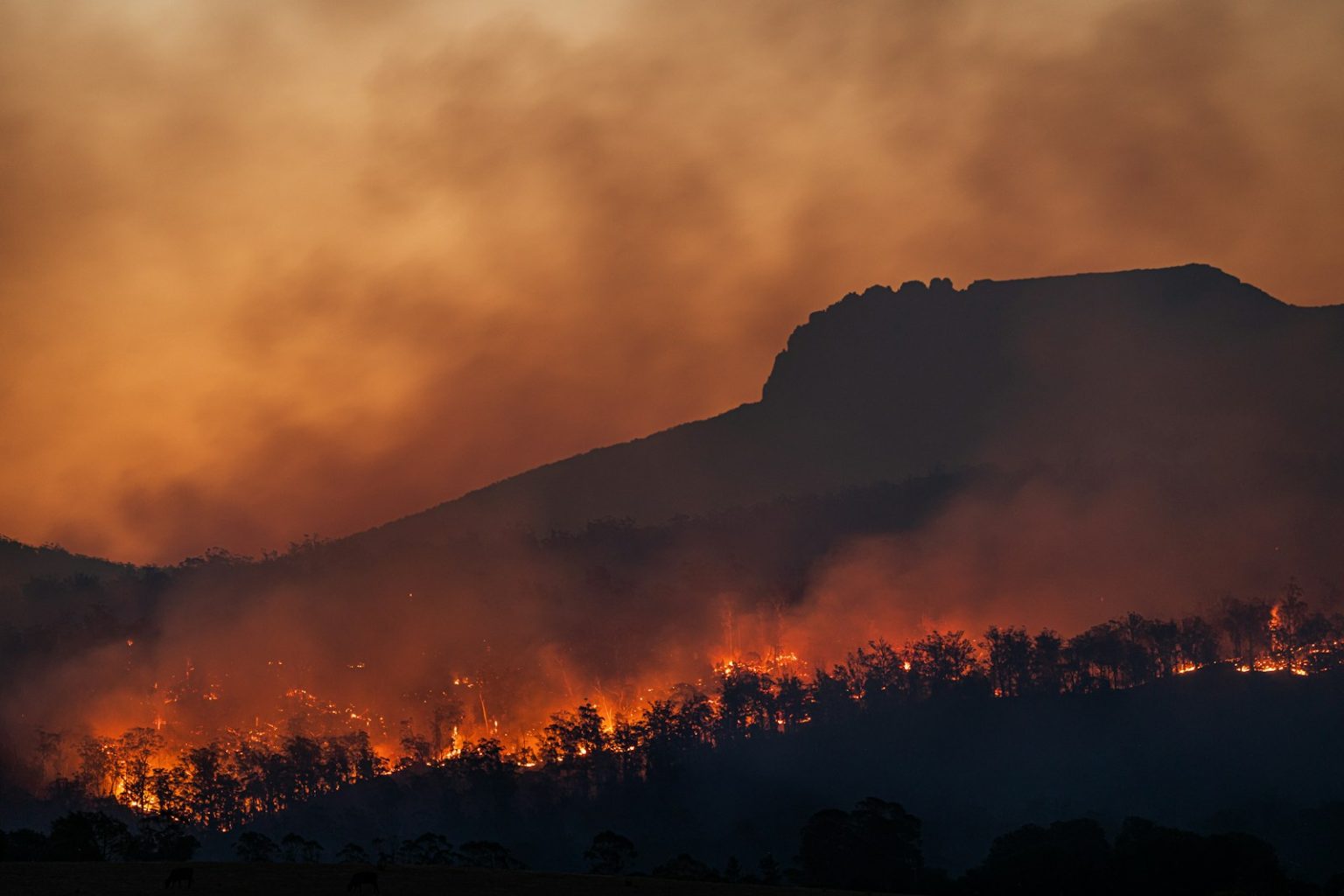Shah, who currently serves as the Director of the Loan Programs Office at the U.S. Department of Energy, brought his extensive experience in climate finance and policy implementation to the discussion. His appearance comes at a critical time when questions about climate action feasibility and international cooperation are at the forefront of environmental policy debates.
US-China Climate Competition
During the conversation, Shah addressed the growing rivalry between the United States and China in the clean energy sector. Both nations have positioned themselves as leaders in climate technology development, with competition intensifying across solar manufacturing, battery production, and electric vehicle markets.
Shah noted that while competition can drive innovation, collaboration between the two largest carbon emitters remains essential for meaningful global climate progress. The relationship between these superpowers significantly influences international climate negotiations and the pace of worldwide decarbonization efforts.
“The climate challenge requires both competition that drives innovation and cooperation that enables global solutions,” Shah explained during the podcast.
Climate Innovation Landscape
The discussion highlighted several areas of climate innovation that could accelerate emissions reductions. Shah examined how emerging technologies in renewable energy, energy storage, and industrial decarbonization are reshaping possibilities for climate action.
Shah emphasized that innovation extends beyond just technology development to include financing mechanisms, policy frameworks, and deployment strategies. He pointed to several key innovation areas that show promise:
- Advanced energy storage solutions that enable higher renewable energy integration
- Clean hydrogen production for hard-to-decarbonize industrial sectors
- Carbon capture technologies for existing infrastructure
- Sustainable aviation fuels and other transportation solutions
Will the US Meet Its Climate Goals?
Perhaps the most pressing question addressed during the podcast was whether the United States would achieve its stated climate objectives. The US has committed to reducing greenhouse gas emissions by 50-52% below 2005 levels by 2030 and reaching net-zero emissions by 2050.
Shah provided a measured assessment of the country’s progress, acknowledging both significant advances and persistent challenges. He pointed to the Inflation Reduction Act as a transformative piece of legislation that has mobilized unprecedented levels of clean energy investment.
However, Shah also identified several obstacles to meeting these targets, including permitting delays for clean energy projects, grid infrastructure limitations, and political resistance to climate policies in certain regions.
“The technical and economic pathways exist, but implementation at speed and scale remains the central challenge,” Shah stated.
Policy Implementation Challenges
The conversation also explored the practical difficulties of implementing climate policies. Shah drew from his experience leading the Loan Programs Office to discuss how government initiatives translate into real-world projects.
He highlighted the importance of public-private partnerships in accelerating deployment and the need for consistent policy signals to give businesses confidence for long-term investments in clean energy infrastructure.
Shah also addressed regulatory hurdles that slow climate progress and suggested reforms that could streamline project development while maintaining environmental protections.
The discussion concluded with Shah’s perspective on what ordinary citizens, businesses, and local governments can do to support climate action regardless of national policy directions. He emphasized that distributed action across society remains crucial for building climate resilience and driving emissions reductions.







